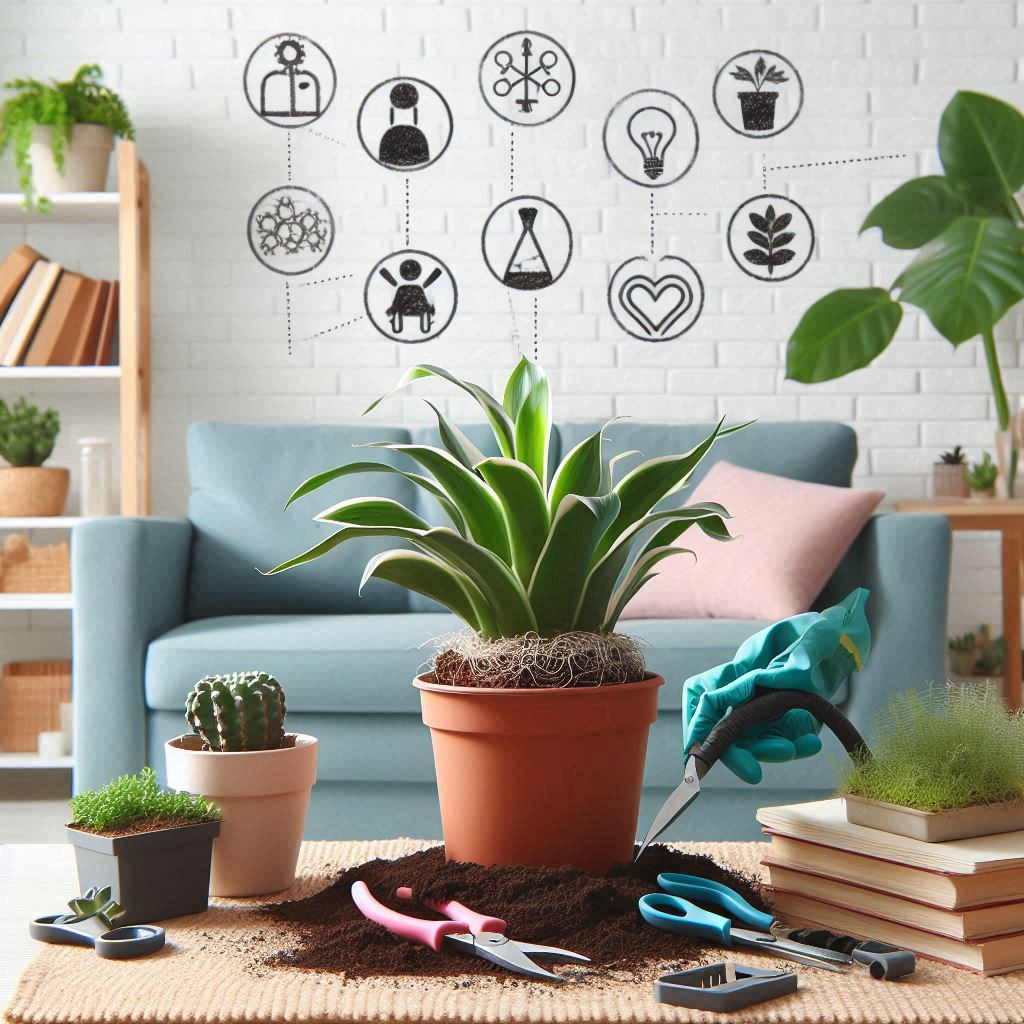Overwatering and Its Impact on Plant Health
One of the most frequent mistakes made when caring for houseplants is overwatering, which frequently results in root rot, wilting, and yellowing leaves. Because they believe that a plant that receives more water will be healthier, many people water their plants excessively, which can drown the roots by depriving them of oxygen. This can be fixed by letting the soil dry out in between waterings, especially for plants that thrive in dry environments, such as succulents. When watering, always check the top few inches of soil, and use pots with drainage holes to allow excess water to run off. Maintaining appropriate drainage and watering practices will support the health and growth of your plants.
Placing Plants in the Wrong Light Conditions
The process of photosynthesis in plants depends on light, yet many houseplants suffer from being kept in poorly lit environments. While too little light can result in weak, lanky growth, too much direct sunlight can scorch the leaves. Knowing whether your plant prefers low light or bright, indirect light is the first step toward solving the problem. As the plant expresses a preference, move it closer or farther away from windows. If there isn’t much natural light available, think about adding grow lights. Better lighting promotes healthier growth and guards against problems like burnt or wilting leaves.
Neglecting Humidity and Temperature Needs
Lack of humidity and improper temperature are two common problems for houseplants, especially in dry indoor environments. For example, high humidity is ideal for tropical plants, but heaters’ dry air can cause browning at the tips of leaves and stunted growth. Humidity levels can be raised by grouping your plants together or placing a humidifier close to them. Succulents and other arid plants, on the other hand, like dry air. Variations in temperature, particularly drafts or chilly air, can also be detrimental to plants. To ensure their best health, keep them in stable, warm environments away from drafty windows and vents.
Using the Wrong Type of Soil or Pot
A poorly chosen pot or type of soil can impede the development and well-being of your plant. While some plants, like ferns, prefer soil that holds moisture, others, like succulents, require soil that drains well. Plants potted in ordinary soil or in pots without holes for drainage may retain water, which can cause problems for the roots. Repot your plants into containers with adequate drainage and use soil mixtures specific to their requirements to remedy this. To keep the soil adequately aerated and nutrient-rich, replenish it on a regular basis. Making these corrections will improve the overall development of the plant and support the health of the roots.
